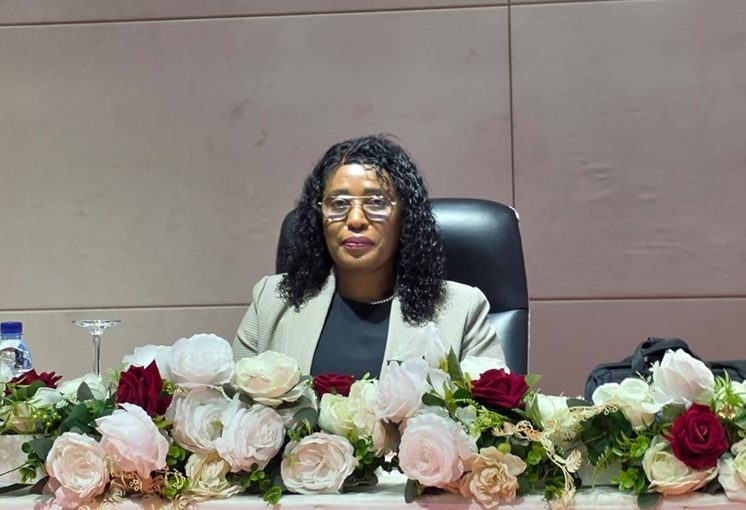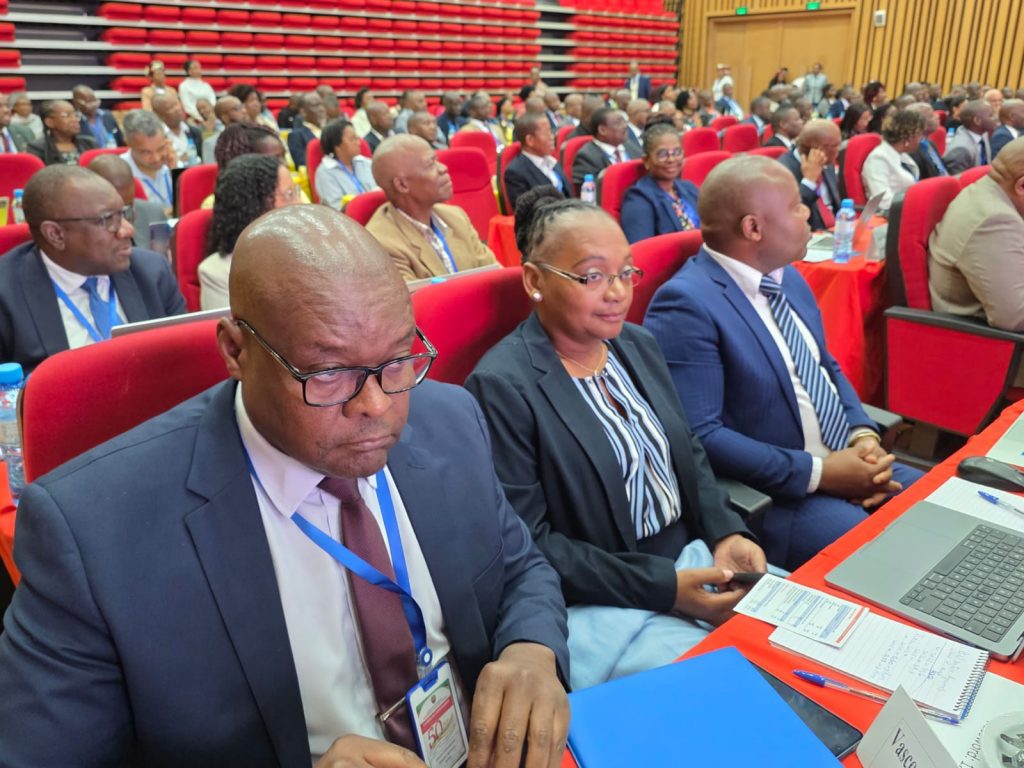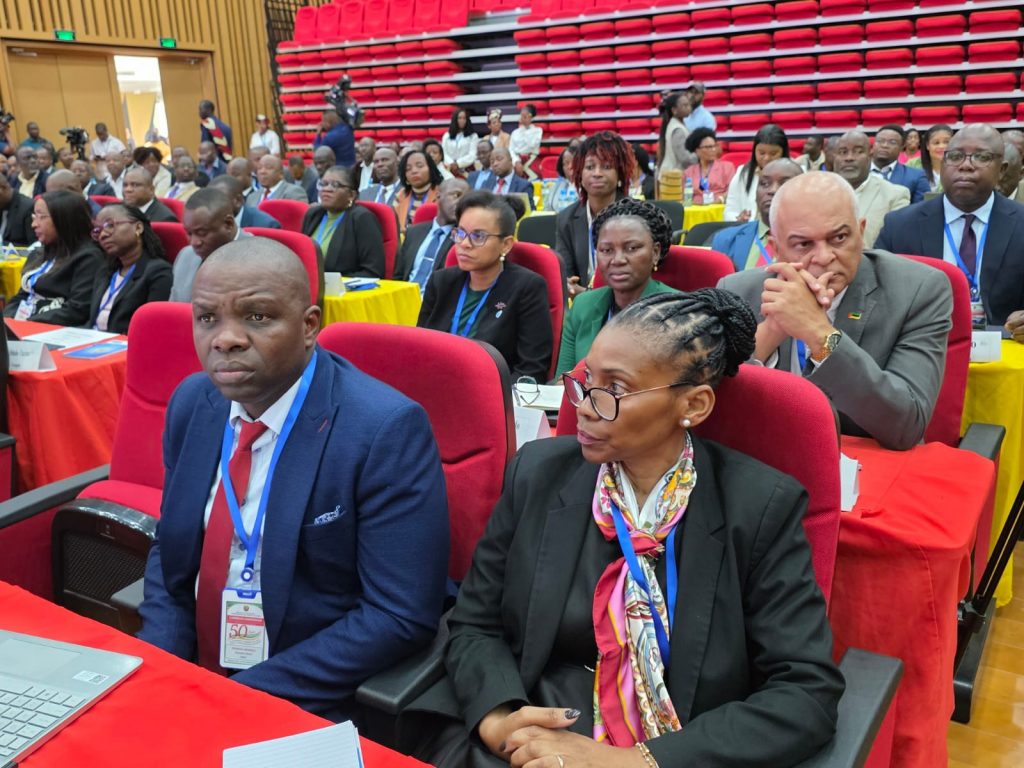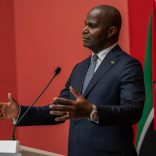Mozambique: Chapo warns against attempts to weaken liberation parties - Photos
Mozambique aims to cut illiteracy rate to 23% by 2029

Photo: Ministério da Educação e Cultura - MEC
Mozambique plans to reduce its illiteracy rate to 23% by 2029, the government said on Wednesday, noting that at present women make up about half of all illiterate adults. The strategy includes adapting school curricula to new technological trends and expanding both formal and informal education.
Education and Culture Minister Samaria Tovela, cited in a ministry press note issued on Wednesday, said progress in literacy depends on a “coordinated, sustainable and inclusive” approach that reaches the most vulnerable communities and promotes social justice and sustainable development.
Despite advances in the education sector, Tovela said 49.4% of Mozambican women remain illiterate.
The minister added that there was a need to step up adult and youth literacy programmes, noting that Mozambique’s national illiteracy rate remains around 38%.
“The Ministry of Education and Culture reaffirms its commitment to promoting literacy in Mozambique, setting a target of reducing the illiteracy rate to 23% by 2029,” the statement said.
To achieve this goal, the ministry has begun implementing an Action Plan for Accelerating Youth and Adult Literacy, designed to increase participation among adults, with particular attention to women, girls and people with special educational needs.
The plan also includes integrated literacy and income-generation programmes, the expansion of formal and informal education in both monolingual and bilingual systems, and the adaptation of curricula to new technological and local contexts.
It further calls for the creation of strategic partnerships to diversify funding sources, strengthening management, monitoring and evaluation mechanisms, and investing in the training and capacity building of teachers and literacy facilitators.


Tovela was speaking on Wednesday, 8 October, in Maputo, at the opening of the Coordinating Council of the Ministry of Education and Culture, which concludes on Friday, 10 October.
President Daniel Chapo announced in June that the country’s illiteracy rate had dropped from 93% in 1975, the year of independence, to 38% in 2024, but warned that poverty and youth unemployment remain major obstacles to inclusive development.
“Since independence, we have reduced the high illiteracy rate from 93% in 1975 to 38% in 2024. Eliminating illiteracy remains a challenge, especially among women, so we continue to work on it,” Chapo said.
According to the president, Mozambique has also expanded education at all levels, including technical and higher education, from three secondary institutes and one university in 1975 to 245 institutes and around 60 higher education institutions across all provinces in 2024.












Leave a Reply
Be the First to Comment!
You must be logged in to post a comment.
You must be logged in to post a comment.